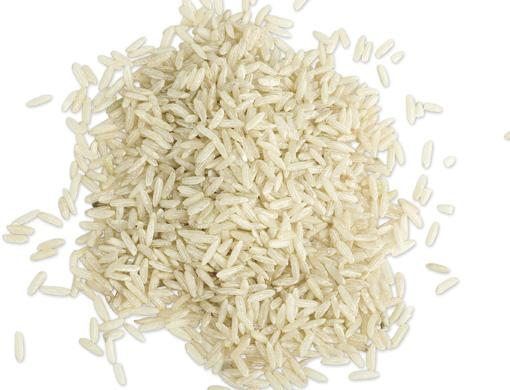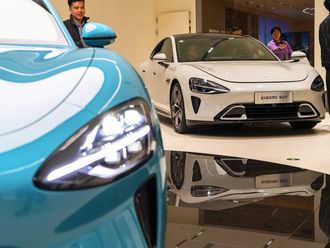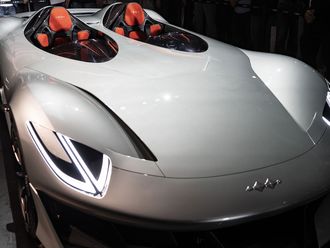
Dubai: Create a distribution and retail network and once it reaches a certain scale, go in for backward integration with a manufacturing/processing line. This is the strategy that a new Indian basmati rice brand — and its promoters — plans to take for the Middle East launch.
Innovo Speciality Foods has already taken up extensive warehousing space — for between 50,000 to 75,000 tonnes — at Jebel Ali Free Zone and to this would be added a 100,000 tonne a year processing capacity in another 12 months at a cost of Dh100 million.
“We will now test the market with four sub-brands cutting across multiple price points and tuned to demands of individual export markets; for instance there’s one sub-brand that is specifically for Iran, Kuwait and parts of Saudi Arabia,” said V. Raman Kumar, chairman of Aeries Group which has a stake in Innovo.
The other stakeholders in the venture are Prince Mishal Bin Abdullah Bin Turki Al Saud, chairman of Saudi-based Zad Investment Company and Anaam International Holdings, and Leaf India, which operates a rice mill — with a 300,000 tonnes finishing capacity a year — in Chandigarh.
On whether it wouldn’t have made commercial sense to have all of its processing capacity in India rather than build new in Dubai, Kumar said: “The cost of capital in India is quite high; interest rates on bank exposures could be 11 per cent and more. Given that Innovo’s principal markets are the Middle East, it’s easier to have the processing plant in Dubai and make use of the lower transportation costs within the region.”
But, first, Innovo has to make its present felt in the distribution and retail channels. Apart from having distributors in all key territories, it would also introduce cash-and-carry for smaller retailers. (Cash-and-carry is particularly popular in Europe and is seeing a build up in the UAE marketplace.)
But aren’t there way too many basmati brands already in the local marketplace?
“There is, but at the lower end of the pricing spectrum, and there is always erratic supply,” said Kumar. “Even [at] the higher end of the basmati range, many of the mills operate at sub-100,000 tonnes optimum capacity.”
This is why Innovo hopes to secure a firm hold by setting up its processing plant in Dubai. At a 100,000 tonne capacity, it can process $200 million (Dh734.6 million) worth of rice based on current street value.
Plus, 80 per cent of the output will be secured by bulk buyers with their own private labels. The balance 20 per cent will be used by Innovo for its own branded distribution and retail.












